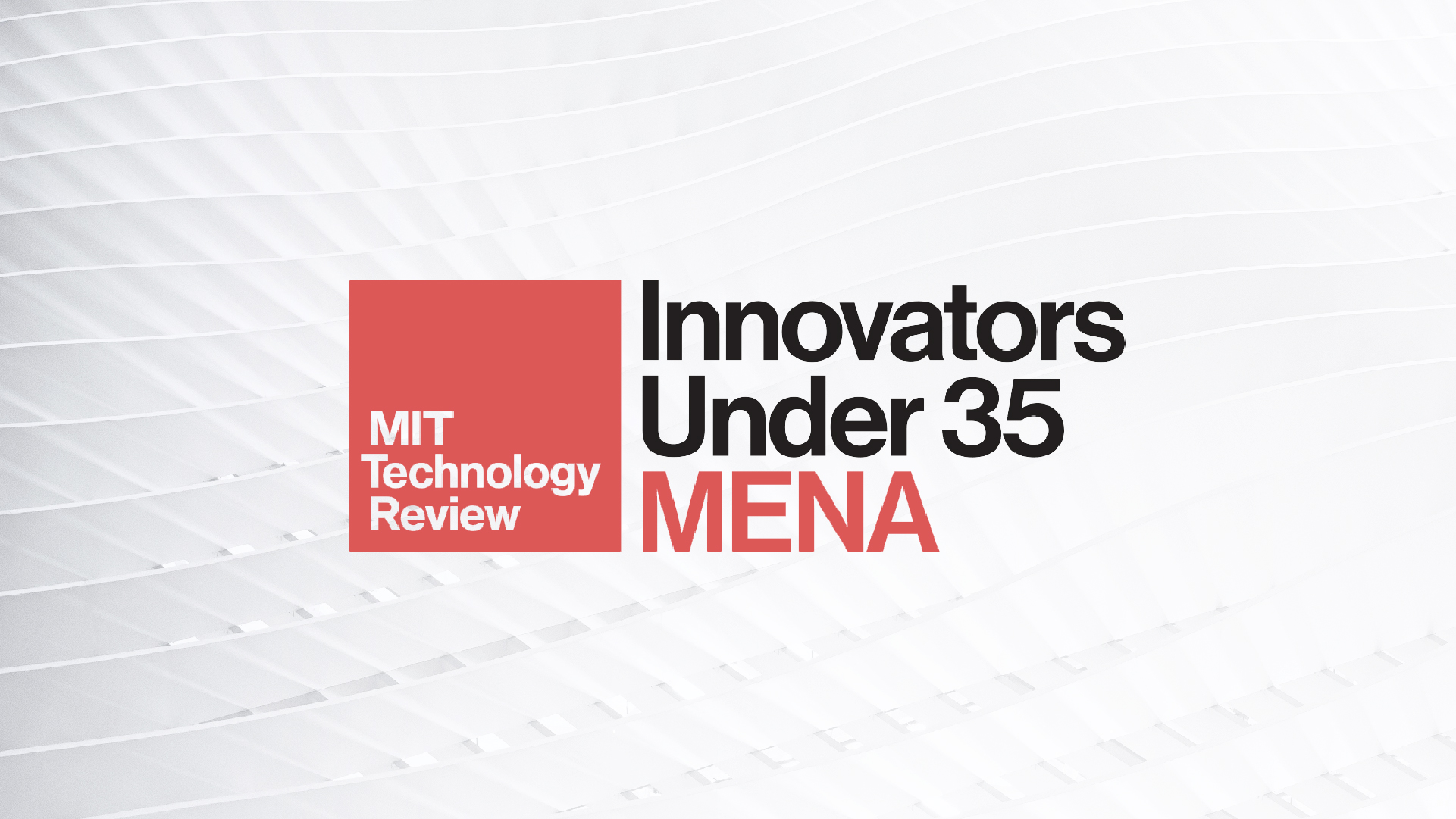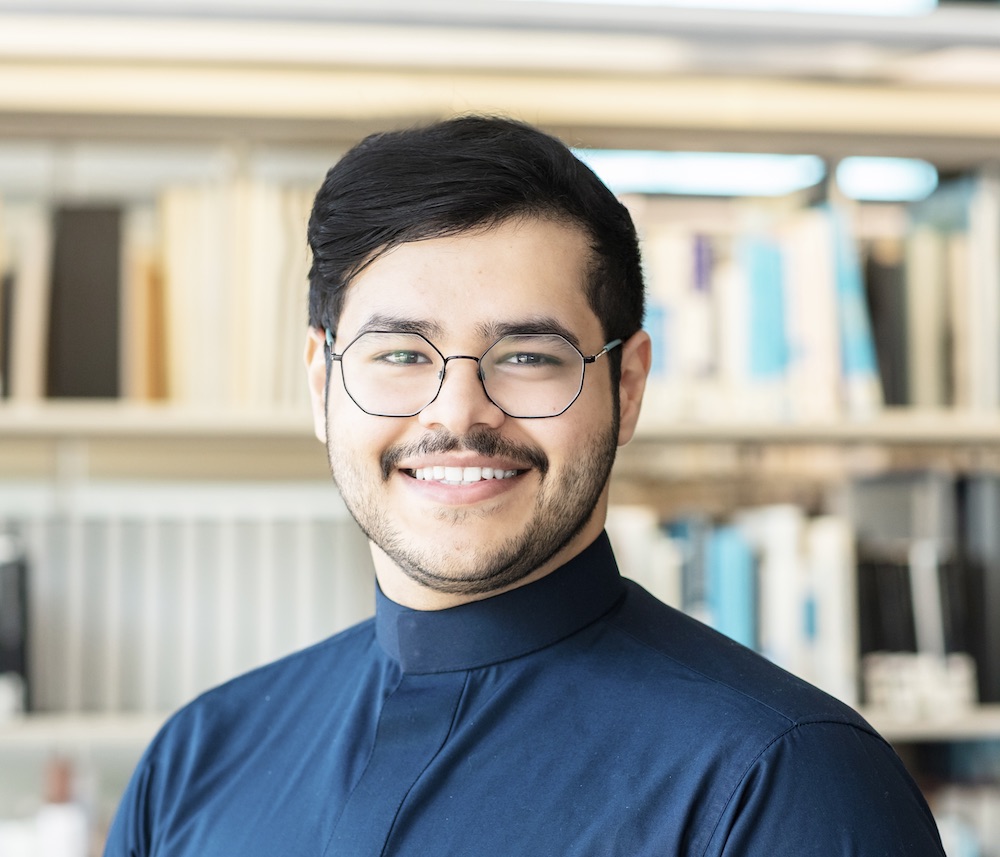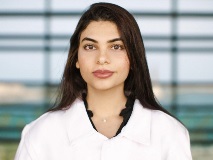Three KAUST scientists named MIT Innovators under 35

KAUST is delighted to announce that three of its scientists, Hamed Albalawi, Hend Mohamed and Walaa Khushaim, have been named MIT Technology Review Innovators Under 35 MENA. They are among 15 people named this year. The honor is given to innovators whose inventions and research in their respective scientific fields are shaping the future.
Under the mentorship of Charlotte Hauser, Albalawi has developed calcium carbonate photo-initiated ink and is testing its effectiveness for 3D-bioprinting scaffolds for coral restoration and bone regeneration. The mechanical properties of the scaffolds mimic the conditions in which coral and bone growth naturally occur while accelerating the growth rate for faster recovery. Moreover, the ink is a sustainable, cheaper option than standard commercial products used for similar purposes. Albalawi earned his undergraduate degree in the U.S. before returning to his native country to study his Ph.D.
"I am truly honored by the recognition of our plant-based material and the innovative 3D-CoraPrint fabrication process. Our approach aims to propel 3D-printing technology forward, ushering in a new era for coral restoration and bone tissue engineering. This acknowledgment inspires me to continue pushing the boundaries of innovation for a better sustainable future," he said.

Hamed Albalawi
After earning degrees in her native Egypt and then Korea, Mohamed joined KAUST as a postdoctoral researcher and is now a research scientist working in Pedro Castaño’s lab, where she investigates catalytic processes that reduce carbon emissions. She has developed new catalysts and catalytic processes to produce sustainable aviation fuel, chemicals and electricity from renewable sources, CO2 and wastewater.
"My years of dedicated research have focused on developing innovative, environmentally friendly solutions and self-sustaining wastewater treatment and energy production methodologies. This recognition affirms the significance and influence of such efforts, highlighting the importance of sustainable science as we collectively strive toward a greener future. It is a privilege to see that the pursuit of ecoconscious advancements, which I have so passionately championed, garners acknowledgment and resonates with my peers globally," she said.
Finally, during her doctoral studies at KAUST in Khaled Salama’s lab, Khushaim developed multiplexed biosensors based on functionalized nanomaterials for the early detection of acute myocardial infarction (i.e., heart attacks). These biosensors are integrated into portable, miniaturized diagnostic devices for the simultaneous detection of multiple heart biomarkers, including cardiac troponin I, which is a standard biomarker for heart attacks because it leaks into the blood as heart cells die. Like Albalawi, the Jeddah native earned her degrees abroad (U.S. and U.K.) prior to joining KAUST. From September, Khushaim joined the Hadley Sikes laboratory at M.I.T. as an Ibn Khaldun Fellow, where she is continuing her research on developing sustainable and user-friendly biosensors.

Walaa Khushaim Albalawi
“Receiving this prestigious award for our innovative technology in early heart attack detection is an incredible honor. It's more than just recognition; it's a validation of our mission to bring groundbreaking healthcare innovations to the world. The impact of this cost-effective technology could potentially save countless lives globally," she said.
This is not the first time multiple KAUST scientists have received the honor of being named MIT Technology Review Innovators Under 35 MENA in one year. Three more won the award in 2022, and several others have won since the first Innovators Under 35 MENA were announced in 2018.

